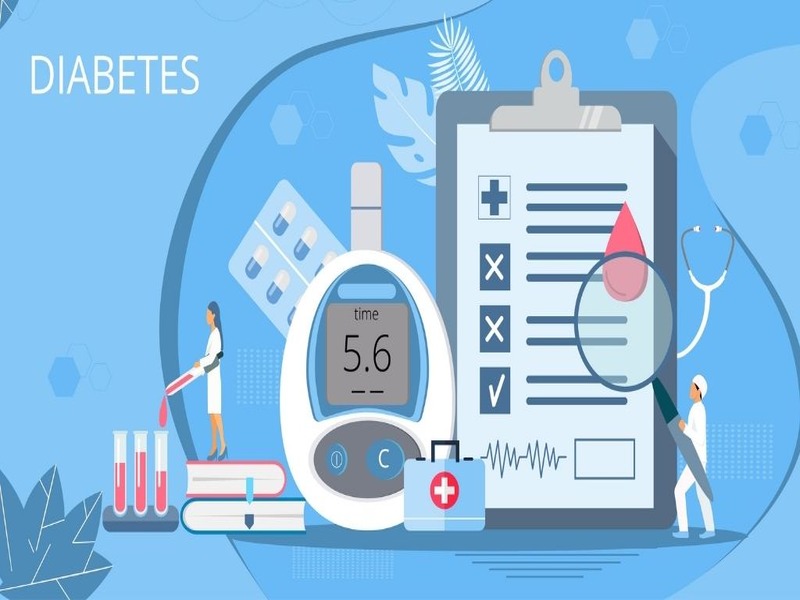Is it possible to reverse diabetes, or is it all just a misleading promise? Dive into the latest claims and research surrounding diabetes reversal. Discover the truth behind the hype, potential risks, and the reality of managing this chronic condition effectively. Don’t fall for false hope—get informed!
Diabetologists have alerted people not to fall under the trap of companies claiming to cure diabetes through herbal remedies, special diets or unnatural elements as many such programmes have mushroomed in the past few years.
In a recent incident, a type 1 diabetic person visited a private hospital in Bengaluru with blood sugar levels going up to 500. It was found out that the person underwent a therapy programme for reversing diabetes, and was off insulin. However, it backfired and he was admitted to the hospital and put back on insulin immediately. Other incidents are also seen among type 2 diabetes patients wherein patients return with high sugar levels reaching to 300-400.
Dr Manohar KN, chairman of Karnataka Research Society for the Study of Diabetes in India (KRSSDI) said these companies are running scams and often prey on people who are desperate to cure their diabetes. They offer false hopes and make unrealistic claims to reverse diabetes through the use of electronic devices or other unproven methods. Every week 2-3 patients come to hospitals with high blood sugar after they started a reverse diabetes programme.
People complaining of further complications after subscribing to such programmes has increased, the doctor added. Type-2 diabetes is incurable, and can only be controlled over time. Even if people are following a particular diet, they must check their sugar levels regularly. “It is important to be aware of these scams and do your research before you spend any money on any diabetes reversal treatment. There is no guaranteed cure for diabetes, and any treatment that claims to reverse diabetes should be viewed with scepticism,” Dr Manohar noted.
Doctors explained that the reversal of diabetes is a false perception and that such activities only result in the remission of diabetes. Ridhima Batra, a nutritionist and diabetes educator, explained that though there is no harm in undergoing a therapy programme, it should always be under complete medical supervision. “This can help bring blood sugar level to normal, but one must keep a check on their sugar levels as it can easily bounce back if one leads a negligent lifestyle,” she added.
Around 35 per cent of Batra’s patients are working towards diabetes reversal under her supervision, and she advises people to stay away from any crash diet or any other programme to avoid health complications. #hydkhabar

